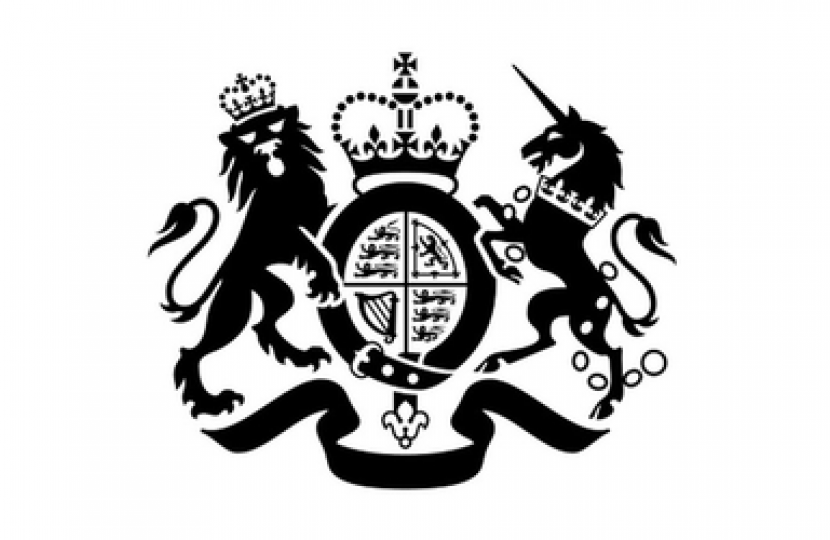
Dear Colleague,
I want to write to you to set out the action which the Government is taking to support jobs as our country recovers from the impacts of the COVID-19 pandemic. Today, I have announced our new Plan for Jobs that makes available up to £30 billion to support our country’s economic recovery, with a clear goal to create, protect, and support jobs.
This Government has already acted on a scale unmatched in recent history to support people through this difficult time, providing £160 billion of support. We supported businesses with tax cuts, grants, and loans, supported our public services with extra spending, and we took action to support people directly, with the Coronavirus Job Retention Scheme, the Self-Employment Income Support Scheme, and by strengthening the safety net for the most vulnerable. Our economic response has been one of the most generous and comprehensive globally, and Government support throughout the crisis has benefitted the poorest working households the most.
Now we are at the next stage, where we need to go further to help begin the recovery as we slowly and carefully reopen much of our economy.
Job Retention Bonus
The furlough scheme has helped employers furlough over 9 million jobs, but it cannot and should not go on forever. Today I am announcing the Jobs Retention Bonus. The Government will pay employers a £1,000 bonus for each furloughed employee who has been continuously employed until 31 January 2021. The bonus will apply for employees earning on average at least £520 a month in November, December and January, the equivalent of the National Insurance lower earnings limit.
Supporting Jobs
We have already taken vital and unprecedented steps to help protect jobs. But we want to support jobs directly, too, for young people, adults and employers.
Today I have announced a new Kickstart Scheme to support hundreds of thousands of young people into work. The Government will directly pay employers who create jobs for any young person aged 16-24 at the risk of being long-term unemployed, covering the cost of the young person’s salary, as well as a reasonable administration cost. The funding will be conditional on the jobs being genuinely additional, and the jobs must pay at least 25 hours a week, on at least the National Minimum Wage. Employers will be able to apply to be part of the scheme from next month. The first new Kickstarters will begin their jobs in the Autumn.
I am also taking other steps, together with the Secretary of State for Education, to further support young people into jobs. The Government will, for the first time ever, pay employers £1,000 to give trainees work experience, and we will provide funding to triple the number of traineeships. The Government will also pay employers to create new apprenticeships between August 2020 and January 2021. For businesses hiring new young apprentices, the Government will provide £2,000 for each apprentice they hire under the age of 25. These payments will be in addition to the existing £1,000 payment the Government already provides for new 16-18-year-old apprentices and those aged under 25 with an Education, Health and Care Plan, where that applies. Businesses hiring a new apprentice age 25 and over will receive a payment of £1,500. In addition, the Government will make available £100 million to create new places on courses for school leavers in in-demand sectors like engineering, construction and social care, and we are providing the National Careers Service with funding to support a further 250,000 young people over two years. We will also expand Sector-Based Work Academies – a proven way to support people into work in high demand sectors with training, work placements, and a guaranteed interview at the end – by providing funding to nearly triple the number of places.
Together with the Secretary of State for Work and Pensions, I am also taking broader steps to help people back to work. We are doubling the number of Work Coaches in Job Centres to 27,000 by March 2021, to provide invaluable support for benefit claimants looking for work. We will provide additional investment into the Flexible Support Fund, providing local support to help move people closer to employment. We are also increasing support for the unemployed further, by expanding the Work and Health Programme to provide additional intensive support for those who have been unemployed for more than three months, and creating a new, online one-to-one Job Finding Support offer to support those who have been unemployed for less than three months.
Creating Jobs
We need to support our housing sector and give people the confidence to buy a home, and to renovate and improve, to help create jobs. That is why I have decided to cut Stamp Duty Land Tax (SDLT), with a temporarily increase of the Nil Rate Band of Residential SDLT, in England and Northern Ireland, from £125,000 to £500,000. This will apply from 8 July 2020 until 31 March 2021. This will cut the tax due for everyone who would have paid SDLT, saving up to £15,000, and means that in England and Northern Ireland nearly 9 out of 10 people getting on or moving up the property ladder will pay no SDLT at all.
To support green jobs, we are announcing a £2 billion ‘Green Homes Grant’, under which homeowners and landlords in England can apply for at least two thirds of the cost of upgrading the energy performance of their homes (up to a maximum contribution of £5,000). Low income households will be eligible for up to 100% government funding, up to £10,000. I am also releasing a further £1 billion to help improve the energy efficiency of our public sector buildings, alongside a £50m fund to pilot the right approach to decarbonise social housing. Together, this package could support around 140,000 jobs, reduce households’ energy bills by hundreds of pounds a year, and reduce CO2 emissions by over half a mega tonne per year. We are also investing in our infrastructure, and last week the Prime Minister announced plans to accelerate over £5 billion of investment.
Protecting Jobs
We are also taking steps to provide much-needed support to our severely affected tourism and hospitality sectors, which employ 2.4 million people. There are two elements to this support. Firstly, for the next six months, the Government will cut VAT on goods and services supplied by food services, attractions and accommodation sectors to 5%, from its current level of 20%, giving a vital £2.2 billion boost to over 150,000 businesses in the sector, to help protect the jobs of those it employs.
Secondly, to help people return to eating out safely, and to provide further support for those employed by our cafes, restaurants, pubs, and other eligible businesses, this Government is introducing an unprecedented scheme to give anyone in the UK 50% off the cost of the price of a meal out for the month of August, including the cost of food and non-alcoholic drinks. The discount will operate from Mondays to Wednesdays, up to a cap of £10 per person, and registration for eligible businesses will open next week.
This is a radical package which makes available up to £30 billion of support, as our country takes vital steps towards a safe economic recovery. It helps to lay the foundations for the challenge ahead which the Prime Minister has set out: to bounce back stronger and more united than before.
The Rt Hon Rishi Sunak MP
Chancellor of the Exchequer
